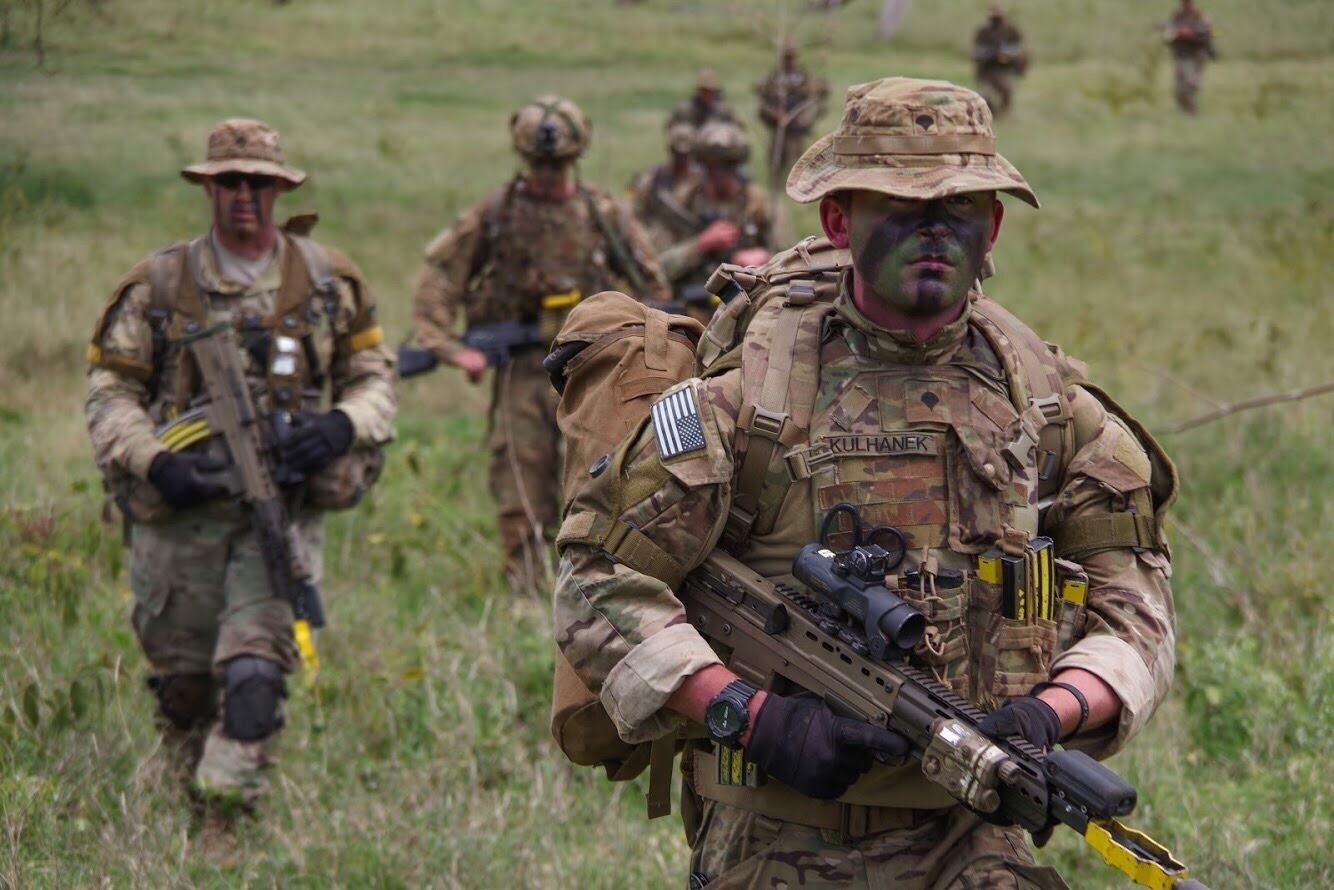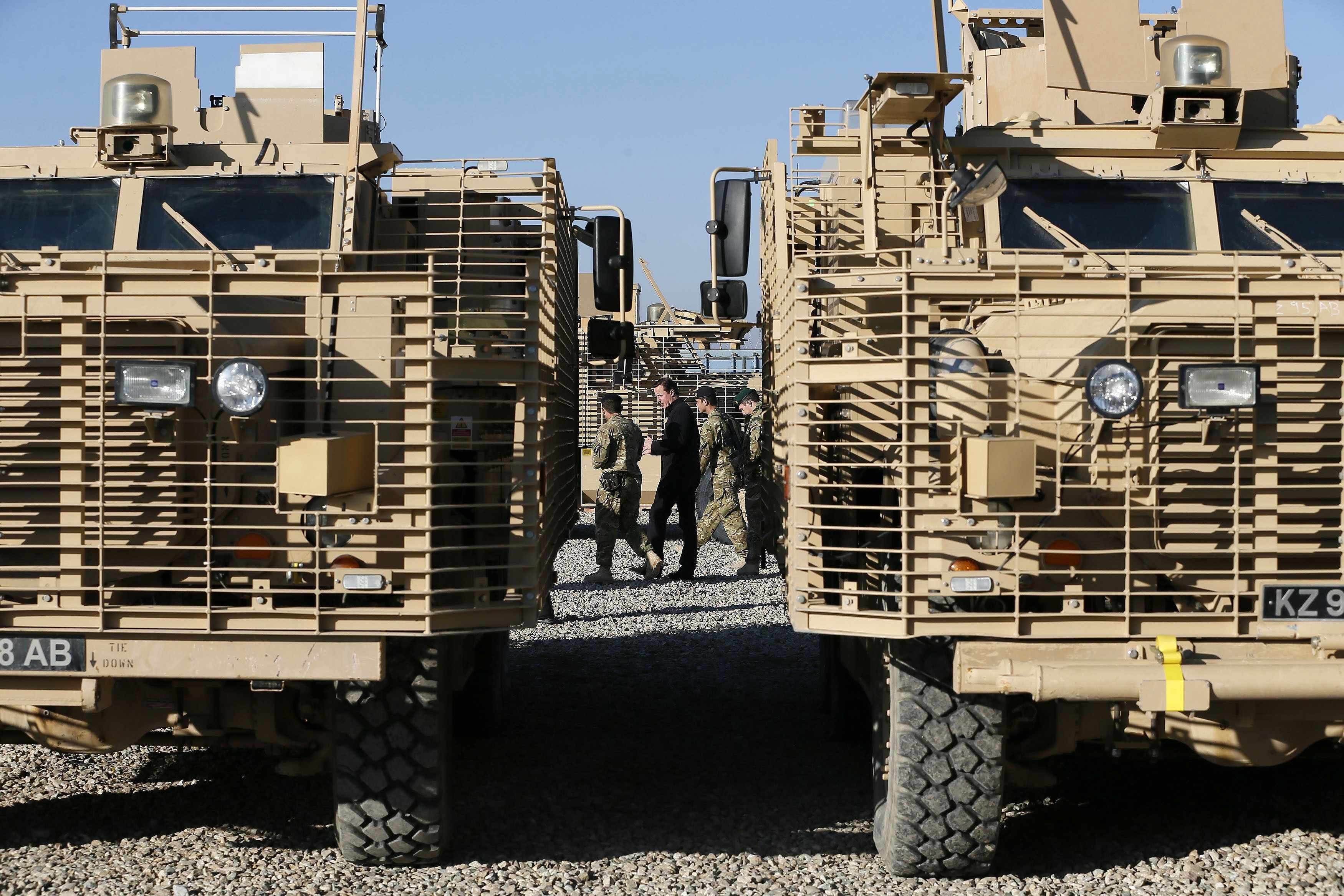LONDON — The first element of a likely $7.5 billion upgrade of the British armed forces’ satellite-telecommunications capabilities has finally been signed by the Ministry of Defence and Airbus Defence and Space.
The deal, worth more than $630 million, will see Airbus build a new telecommunications satellite as a stop gap to bolster military capabilities ahead of the introduction of a new generation of space craft scheduled to start entering service towards the end of the decade.
Airbus and the MoD have been locked in negotiation over the deal to construct the satellite, known as Skynet 6A, since the company was nominated in 2017, without a competition, as the preferred supplier.
Under the terms of the deal the satellite, based on Airbus’ Eurostar Neo spacecraft, will be developed, assembled and tested in the UK. Planned launch date is 2025.
In a statement Airbus said the contract also covers technology development programs, new secure telemetry, tracking and command systems, launch, in-orbit testing and ground segment updates to the current Skynet 5 system.
At one point defense officials here were sufficiently concerned about the drawn-out negotiations for Skynet 6A delaying the space crafts in-service date that they a contract with Airbus to start work on long-lead items ahead of the main deal being sealed.
The deal will supplement a fleet of existing spacecraft built by Airbus as part of the Skynet 5 space telecommunications network operated by the company under a private finance initiative (PFI) deal which has been in operation since 2003.
Operation of the Skynet ground stations was also included in the deal. The PFI, including ground station element, ends in 2022.
RELATED

A competition to run the ground stations as part of the wider Skynet 6 program is already in play, with Airbus, Babcock, BT and Serco all bidding to secure the contract for what is called the Service Delivery Wrap.
The third main element of Skynet 6, known as Enduring Capability,will see industry compete to replace existing Skynet 5 satellites with a fleet of new generation beyond line of sight communication assets. The early stages of that competition is already underway.
In-service date for the first of the new communications assets is around 2028.
Announcing the satellite deal 24 hours ahead of the launch of the virtual Farnborough air show getting underway July 20, UK Defence Secretary Ben Wallace said the “newest contested frontier is space and so we need to provide resilience and better communications for our forces. Skynet 6A is one of many solutions we shall be investing in over the next decade. This government recognizes the urgent need to defend and promote space capabilities.”
“British defense must continue to innovate and transform, particularly in cyber and space,” Wallace said.
Confirmation of the satellite deal by Wallace comes just two weeks after the British government took a $503 million stake alongside Indian company Bharti Global in the rescue of failed broadband constellation supplier OneWeb.
RELATED

OneWeb is based in the UK but its satellites are built in Florida in a partnership between Airbus and OneWeb. So far, 74 satellites out of an initial requirement for 648 have been launched.
Having been denied access by the European Union to the precise military navigational signals provided by their Galileo satellites as a result of Brexit, the British are hoping they can develop the small spacecraft operated by OneWeb to provide military-grade positioning, navigation and timing data for the armed forces.
OneWeb satellites could also find themselves developed for use by the British military as part of Skynet 6′s Enduring Capability requirement, said an industry executive here, who asked not to be named.
Space is expected to have top billing alongside cyber, artificial intelligence and other cutting-edge technologies in the upcoming integrated defense, security and foreign policy review being conducted by Prime Minister Boris Johnson and his advisors.
Creation of a Space Command is likely to figure in a space defense policy being pulled together by the MoD.
The bones of that policy could be presented to four-star-level officials in the next few weeks.
Andrew Chuter is the United Kingdom correspondent for Defense News.








